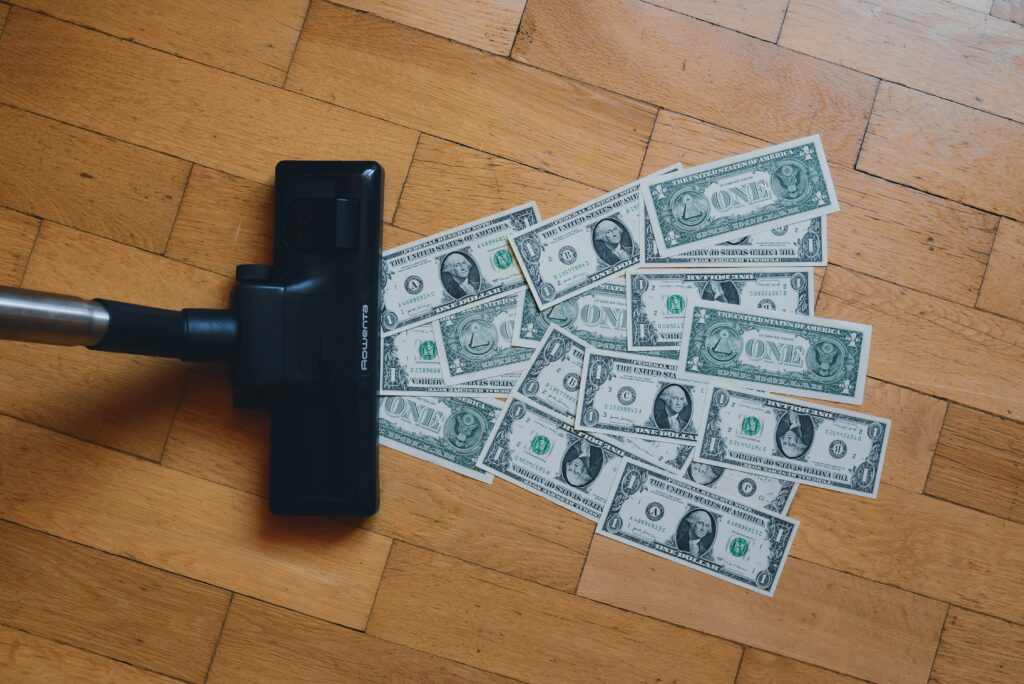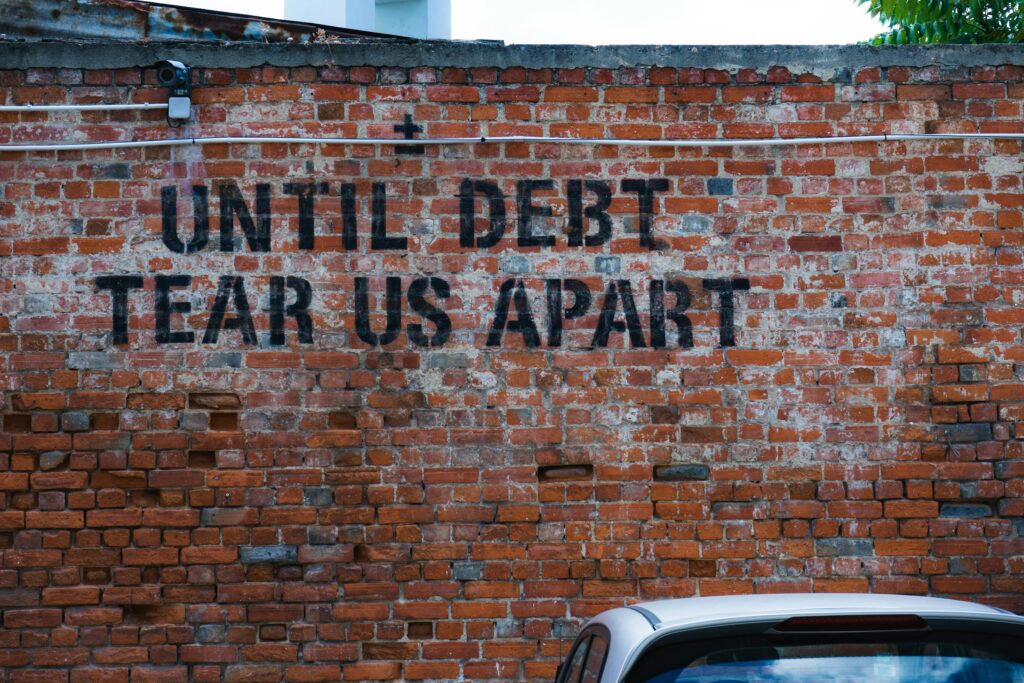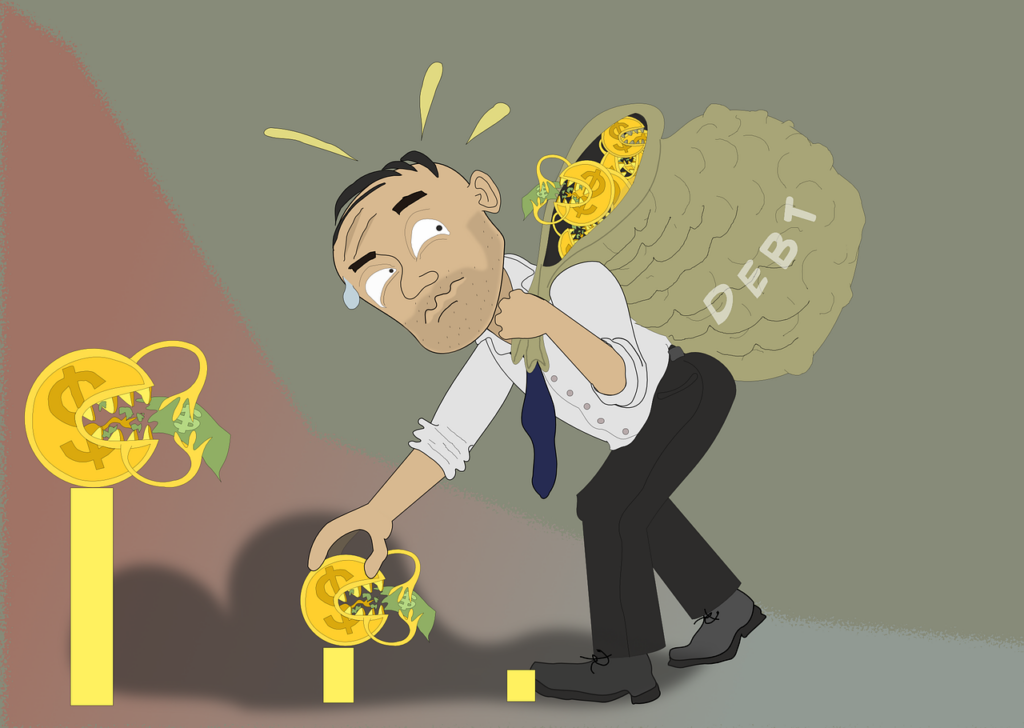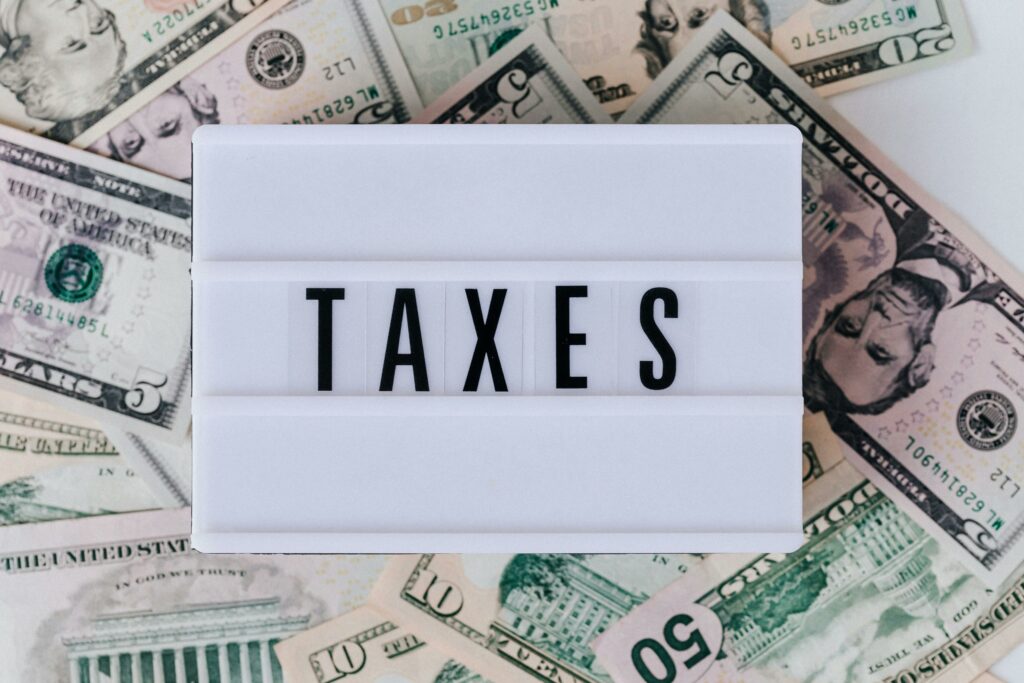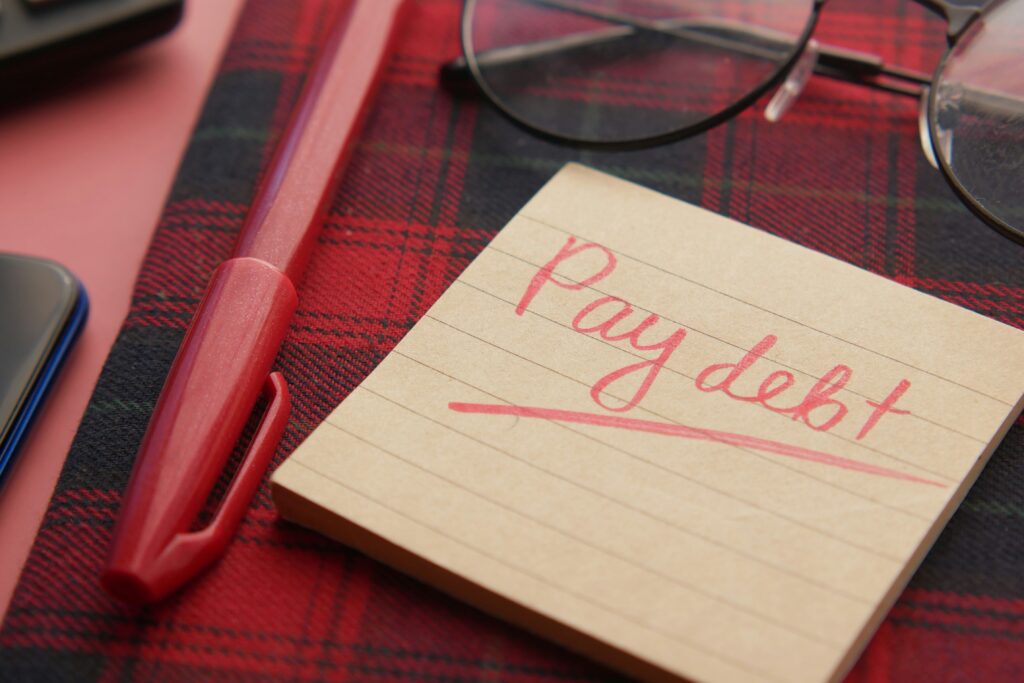Love our content? Show your support by following us — pretty please!🥺
FOLLOW ON PINTEREST
Hi! I’m Kate, the face behind KateFi.com—a blog all about making life easier and more affordable.
Let’s get one thing straight: Stopping credit card payments isn’t just a financial decision—it’s a bold move that comes with serious consequences and potential rewards. If you’re drowning in high-interest debt, you might be wondering if skipping payments to pursue debt settlement is worth the risk.
Here’s the full truth—no fluff, no fear tactics. Just what really happens, and how to do it smartly (spoiler alert: you’ll want a pro like CuraDebt in your corner).
First, What Is Debt Settlement Really?
Debt settlement is when you negotiate with creditors to pay less than the total balance you owe. Instead of paying $10,000, you might settle for $4,000–$6,000.
But to get there, most companies recommend you stop making payments and redirect that money to a savings account that funds your eventual settlements.
Sounds scary? It can be. But for many people, it’s the most realistic way to avoid bankruptcy and finally break free.
Month 1–2: The Missed Payments Begin
Once you stop paying your credit cards:
- You’ll get late fees and your credit score will start dropping
- Expect collection calls and letters
- Creditors may close your accounts
This is the part where most people freak out—but it’s also where your leverage begins to grow. Creditors start realizing you may default altogether, which makes them more open to negotiation.
This step-by-step CuraDebt timeline shows how it works.
Month 3–6: Charge-Offs and Negotiation
By the 3–6 month mark, unpaid accounts are often charged off, meaning the creditor writes them off as a loss and either tries to settle or sends them to collections.
💡 Follow KateFi.com on Pinterest for:
- Frugal living hacks
- Budget-friendly meal ideas
- Creative side hustle tips
- DIY tricks that save you money
This is when CuraDebt (or a similar service) steps in with real negotiation power.
- You’ll be saving into a settlement fund
- They begin negotiating aggressively
- Your first settlements may begin
👉 Talk to a debt advisor now to see if this works for your situation.
What About Collections and Lawsuits?
Yup, it’s possible. Creditors may send your account to collections or even threaten to sue. But:
- CuraDebt helps you understand your rights
- They work to settle before lawsuits happen
- Most creditors prefer to negotiate, not litigate
Still worried? Here’s how CuraDebt helped me avoid the worst-case scenario
How This Impacts Your Credit
Short term? Your credit will take a hit. No sugarcoating it.
But here’s the truth:
- Your credit is likely already suffering from high balances and late payments
- Once debts are settled, your score can recover
- Most people see improvement in 12–24 months
These credit score hacks can speed it up.
Why People Do It Anyway
Because it works—especially with the right help.
- You can settle debt for 30–60% less than owed
- Avoid bankruptcy and wage garnishment
- Stop living paycheck to paycheck
💡 CuraDebt doesn’t charge anything until they actually settle something. That’s why they’re one of the most trusted names in debt relief.
When It’s Worth It
Debt settlement is worth considering if:
- You’re behind on multiple payments
- You can’t keep up with interest
- You’re choosing between rent and your credit cards
Sound familiar? 👉 See if you qualify for CuraDebt
Final Word: Be Brave, But Be Smart
Stopping payments is scary. But sometimes, it’s the wake-up call your finances need. Just don’t do it alone.
Go with someone who’s done it thousands of times and knows how to protect you along the way.
💥 Start with a free debt settlement consultation here and stop living in fear of your mailbox.
More Must-Reads from KateFi:
- The Ultimate Guide to Debt Relief: How CuraDebt Can Help You Crush Debt Faster
- What No One Tells You About Debt Settlement (Why CuraDebt Stands Out)
- Debt-Free in 2025: Proven Strategies to Crush Your Debt Without Giving Up Lattes
Affiliate Disclosure: KateFi may earn a small commission from CuraDebt at no extra cost to you. We only recommend partners we trust and believe in.









